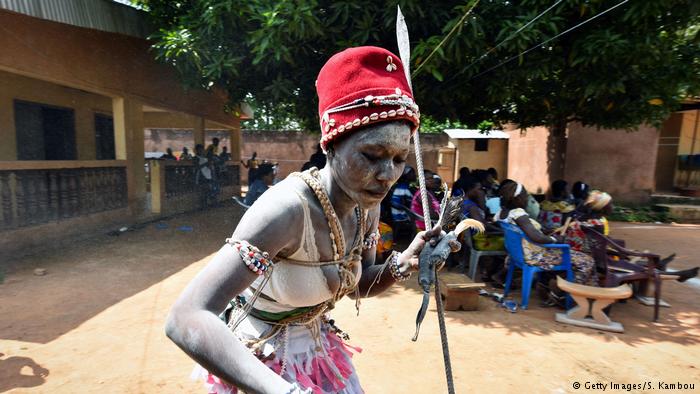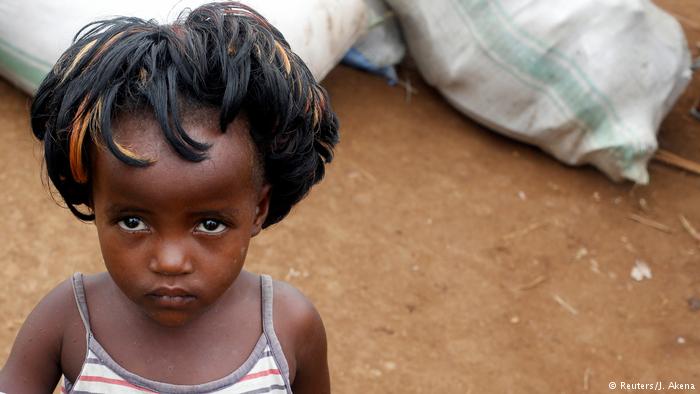Almost every South African woman has a story of struggle
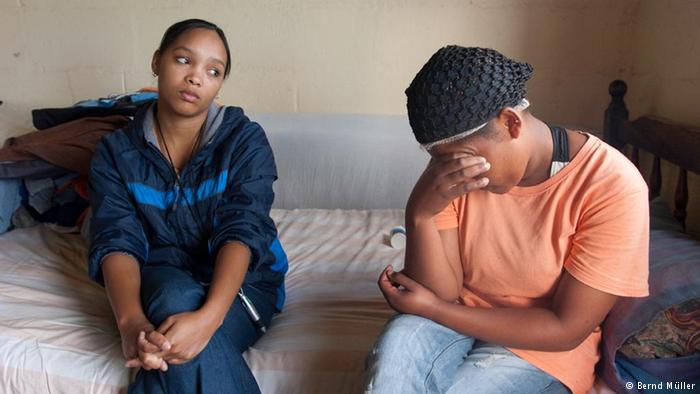 There are different shades of South African women. From caramel, to yellow bone, to peach and beige to brown to melanin envy dark and then 50 shades in between. All of these women are truly beautiful, with a sassy spirit that is required to overcome their back story of struggle and abomination.
There are different shades of South African women. From caramel, to yellow bone, to peach and beige to brown to melanin envy dark and then 50 shades in between. All of these women are truly beautiful, with a sassy spirit that is required to overcome their back story of struggle and abomination.
Yes, almost every South African woman has a story of struggle; the struggle for equality, to be seen and treated equally at the work place, in their homes and society. Often women struggle to be freed from the racial stereotyping that pigeonholes them in a patriarchal society.
For instance, a black woman who is educated and looking to make a career for herself, usually compromises on her authentic black qualities. The better English a person speaks and the whiter she sounds, the greater her chance of being heard and landing a job at a top company.
But for the majority of African women this isn’t the case. According to reports by the South African Medical Research Council (MRC) together with the World Health Organization (WHO) about 45.6% of women in Africa experience physical and sexual abuse, compared to the 35% worldwide.
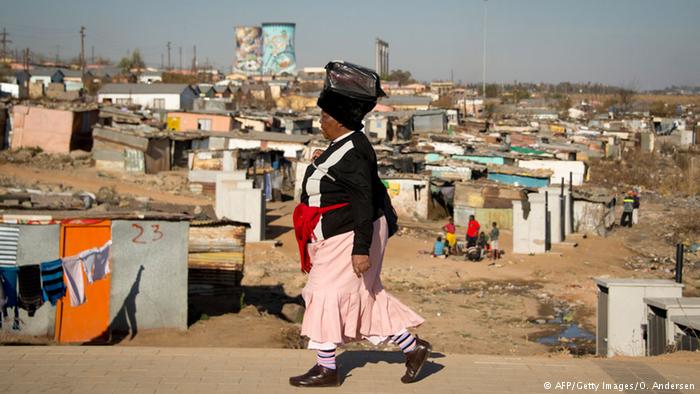
A women in Township Soweto
I read in the news recently that a 28-year-old African woman was raped and shot while breastfeeding her baby in her own home. That sentence alone provokes shock, horror and disbelief, like… how could another human being think that it is okay to do this to another person. It isn’t!
As a law graduate I brag about how well thought-out our laws are and the protection they offer to the disadvantaged majority. But that’s just the thing; the people these laws aim to protect or empower have no access to justice. They don’t know that they have such rights or if they do, they aren’t able to access justice the way a rich person can. In fact, they remain even more disempowered than before, because the laws that protect women also protect the offender.
I recall as a young article clerk working at a law firm, skipping right ahead of the queue at the Domestic Violence Court. I had been instructed to apply for an ‘urgent’ restraining order on behalf of a rich client who wanted to pressure his tenant into leaving his property.
I was bothered by how easy it was for me to do his dirty work simply because he could afford to, while the women who waited for days on end in the queue needed restraining orders urgently. For them this was a matter of life or death, but they couldn’t afford a lawyer.
Needless to say, I left that firm. It wasn’t a place for me to grow. I, unlike so many other women in Africa, had a choice.
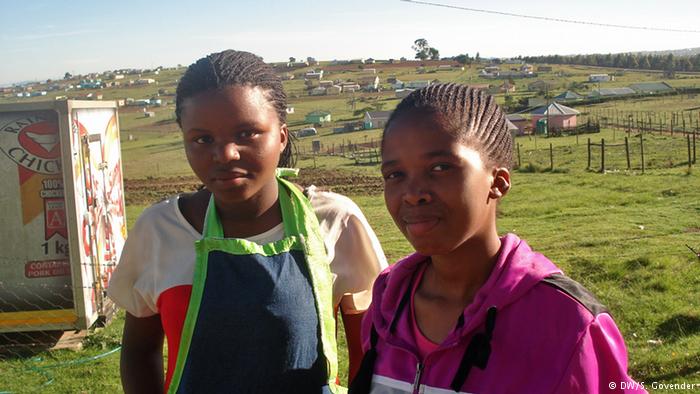
When news about violence against women including rape hits the newsstands in South Africa, it is often forgotten as soon as it is read. We’ve become numbed to the sensational horror stories we read in the news everyday, almost accepting it as a way of life in South Africa. In Germany it is different. I’ve noticed that the smallest attacks on another person result in a huge outcry from people wanting to protect their society from criminals. Police become extra vigilant and enquiries are conducted on how police could have done things better.
I find this strategy reassuring. I think the South African justice system needs to assess how its laws are or not implemented. To let society know that it isn’t okay for men to attack, rape and kill women and that they can’t get away with it.
We need a society where women can feel not just safe, but free. Free from fear, free to love, and be strong enough to raise the kind of men who become protectors of women.
Author: Sarona Wolter
Editor: Marjory Linardy
_____
WTO RECOMMENDS
Africa’s exiled ‘witches’
In West Africa, many people believe in supernatural powers. Every year, thousands of women are branded as witches and persecuted. They can only survive in isolated villages. (From November 22, 2016)
Africa’s first ladies: Soft power at work
They may not have been elected but they still hold considerable power and influence. Some of Africa’s first ladies even have an eye for the presidency. Meet the women behind these leaders. (From July 19, 2016)
Be bold for change
When I heard about the theme for Women’s Day this year, ‘Be bold for change,’ I thought, ‘Oh, wow that’s so cool.’ Actually, that’s my general reaction to most things. But then I gave it more thought, especially about how change has affected my life, world politics and just about everything. (From March 3, 2017)





